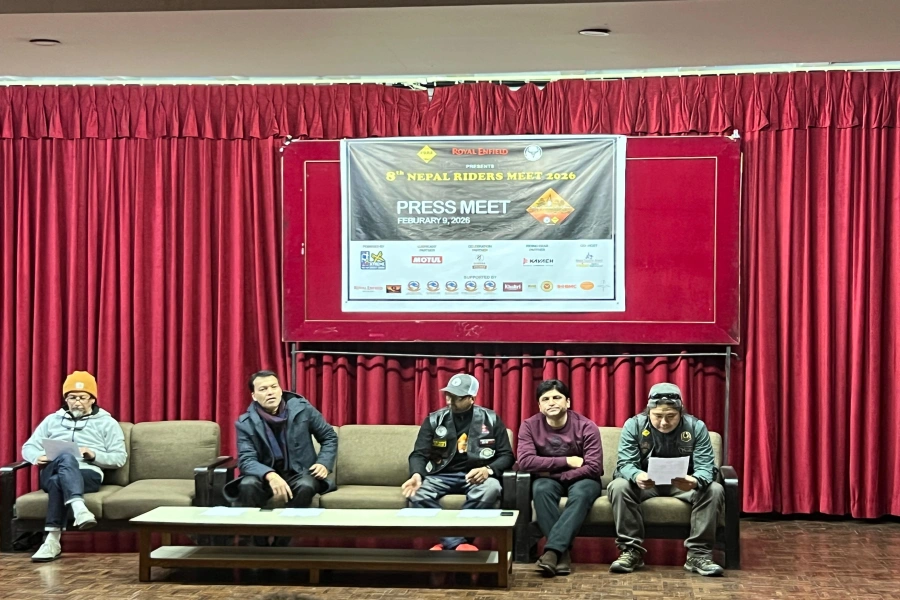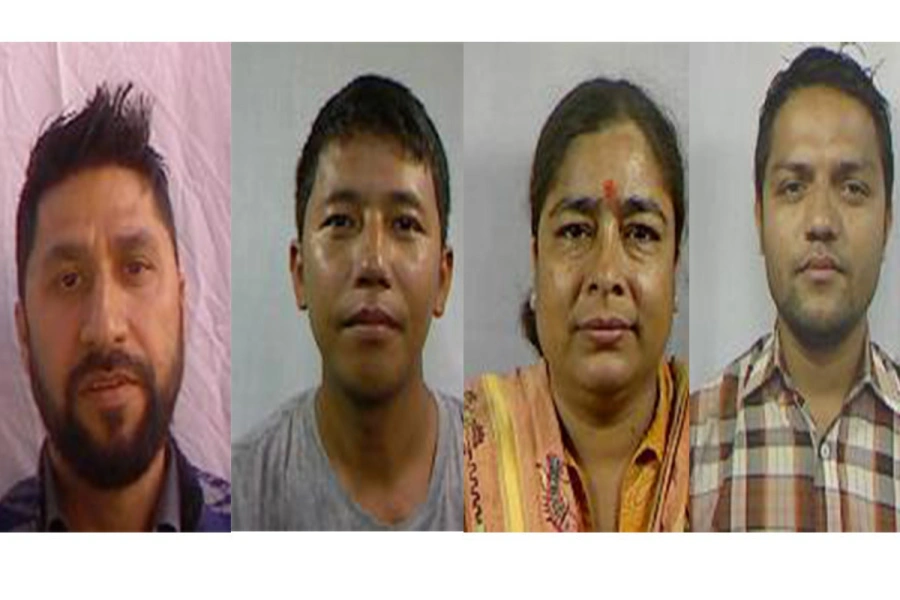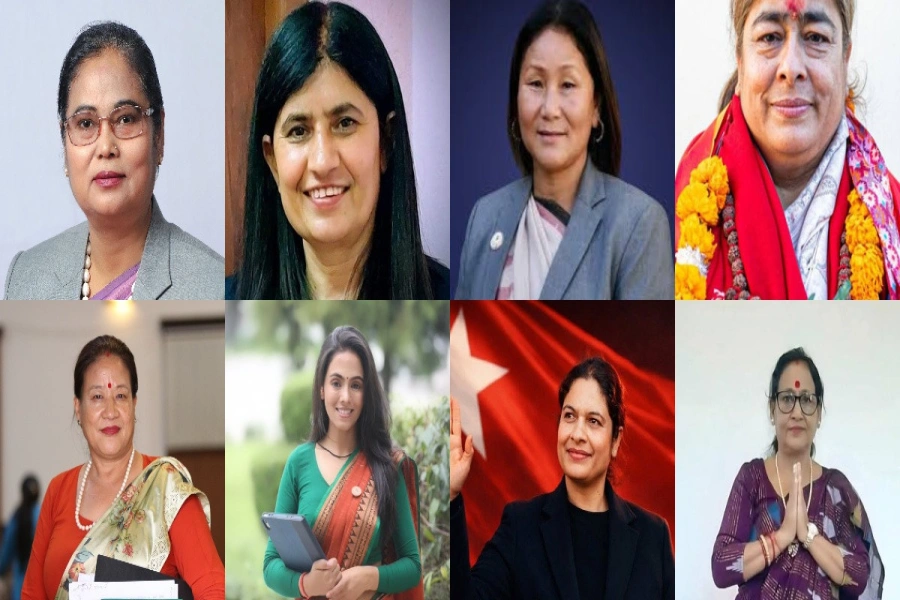My friend was surprised when I was allowed to sit next to the man because he almost never allowed anybody close
It was a cold January morning in 1978. I was visiting Calcutta after a considerable period of time. That morning I was strolling in Rabindra Sarovar Park with a friend of mine, who was hosting me in the city. We were enjoying the walk. A few early morning strollers had gathered around a tea stall and were engaged in a rather lively conversation. I was joyously scanning the park when I suddenly caught a peculiar scene: a man, who was probably in his late forties, was pulling out the statues and pictures of various Hindu deities and saints from his small sling bag and arranging them in a file. I could see that there were pictures of Krishna, Durga, Shiva, Ramkrishna Paramhansa, Vivekananda and a few other saints. After adjusting them in a neat parade, he took out some fruits and a piece of Indian sweet from his bag and started talking to the statues and the pictures in Bangla. He was offering the sweet to the gods.
“Do you want some Peda?” he asked a statue and broke a piece of sweet, offering it to one of the statues. But suddenly he changed his mind and ate the sweet himself. Then he leaned towards another statue, asking the same question. As I watched him he suddenly stopped talking and bent closer to the statues and his eyes bulged attentively as if he was hearing the statue talk. Then he broke into a smile and turned towards another photo and asked, “May be you want some sweets?”
I watched the man for a long time. He continued talking to his statues and photos with an alluring ease, as if it was the most natural thing. Of course, I was amazed by what I saw. I couldn’t take my eyes off the man. He wore a simple white dhoti and ganji, as any other Bengali. He had a light brown complexion. As he continued his dialogue with the invisible companions, I felt a strong urge to meet him. My friend noticed that I was intrigued. He tugged gently at my shirt and said, “Don’t even think of visiting him. He is a mad Baul and is infamous for chasing away people with a staff, which he always carries with himself. It’s safe to watch him from a distance.”
Although I believed every word my friend said, I couldn’t check myself. Even before I knew what I was doing, I was standing right in front of the man. He raised his head and scanned me intently.
“What are you doing here?” he asked me in Bangla.
“Please talk to me in Hindi,” I replied. “I feel drawn towards you.”
He looked intently into my eyes and gestured me to sit down. Later my friend told me that he was greatly surprised when I was allowed to sit next to the man because he almost never allowed anybody to come close. The man turned to his statues and asked their permission to talk to me. He asked me to introduce myself briefly. I told him that I was on my way to Kathmandu, my hometown, from Pune, where I had gone to meet my master Osho. When he heard the word “master” he became more attentive. He inquired about my master. I told him a bit about Osho, who was known as Bhagwanshree Rajneesh at that time. He requested me to tell more about Osho. It was a big challenge to sum up Osho’s teaching in a few sentences because his teachings are full of paradoxes and he speaks of ultimate synthesis. I was struggling to stitch a few neat sentences that could at least give an idea of who he was when the man asked me, “What is his teaching?”
That was easier. I remembered the last discourse I attended at Pune ashram and started paraphrasing it.
If you love a flower, don’t pick it. Allow it to blossom. Allow it to experience the sun, the storm and the wind. Allow it to experience life. If you love a flower, don’t try to possess it. If you will pluck it, it will wither away. When you possess something you kill its essence.
So, enjoy the flower, relish its beauty but don’t possess it. And it is true with everything else in life. You meet a woman at sea-shore. A beautiful woman, full of life, alive, joyous and you immediately want to draw marriage out of it. Marriage is like plucking a flower.
Then you start destroying the beauty of the other. Enjoy life, enjoy everything that comes your way but don’t get attached to anything.
“Beautiful! Beautiful!!” the man exclaimed. When I was narrating I had closed my eyes and drowned into a blissful trance. I opened my eyes and saw that he had broken into tears.
“What unparalleled insight! What beauty! Your master must be a Baul,” he said.
I had heard about Baul saints from my master. But I hadn’t met any Baul before. It was my first experience with a Baul mystic. A few years later I was to participate in an annual Baul festival at Kenduli, Bengal. It was quite a spectacle. Thousands of Bauls had gathered to celebrate the birthday of famous twelfth-century Indian poet Jayadeva, who was born in Kenduli.
The festival had overwhelmed me. The site was far away from Calcutta, in a rural setting.
A small river flowed nearby. The celebrants had installed tents around the orchard. In the daytime, they all gathered together and celebrated. Bauls carry ektara, a single stringed lyre, all the time. As they dance, they play ektara, dhol, cymbals and other musical instruments, all together. The sound of these instruments, combined with the resonant sound of ghunghuroo and nupur, the anklet bells and the colorful clothes and the mad, abandoned frenzy with which they dance: it simply transports any audience to a higher, ecstatic dimension. It was quite an experience. After this first encounter with the Baul saints, I developed deep reverence for them.
“What a beautiful teaching! Your Guru is a Baul,” he repeated. After hearing the discourse he had softened towards me. He looked at me lovingly and asked my name. Once I told him my name he insisted me to tell him a few more words of Osho. I was carrying Osho Times magazine. So, I just read out a few lines from the magazine. I also showed him a photo of Osho. As I was reading out Osho’s discourse he broke into sobs again.
“Ah! So beautiful! So beautiful!” he would remark again and again.
As I was talking to him about my master he was totally absorbed and he was filled with tears. He suddenly nudged me and said, “Arun, your Guru is already here! You see! Under that tree?”
Of course, I saw nothing. But the mad man had started dancing with his ektara. Me and my friend were too stunned to say anything. We didn’t know what to do. The man was dancing in a frenzy. But abruptly he stopped, threw an angry look at us and yelled in Hindi, Sala! Tumhara guru khada hai, me nach raha hun aur tum log baithe ho. Nach Sala!
(‘Your master is standing here. I am dancing and you remain glued to the ground like a fool, you idiot! Dance!’)
Here was an unpredictable, mad man telling us our master was standing under a tree and broken into an ecstatic dance, while we stared at the tree and saw nothing. He picked up his staff so rather scared we joined him in dance. Of course, we had no idea what was going on and our dance too was forced because we couldn’t see Osho. It was during this awkward dance that I fell madly in love with the man.
When he finished his dance, there was a different grace on his face. I asked him how was I to address him. He told me I could simply call him Baba. The sun had grown unbearably hot. It was already midday. We had to take leave. I took out a ten rupee note and offered it to Baba. While I offered the note I saw that my friend was really scared. Baba accepted the note and told me to visit him next morning as well.
When we were returning home, my friend expressed his surprise that Baba had accepted my offer. “Usually, when someone tries to offer him anything, cash in particular, he picks up his staff and beats the hell out of the person,” my friend told me. “And as if the thrashing wasn’t good enough, he often chases them with the staff in his hand to a good distance.” Apparently, my friend had also tried to offer him some money but Baba had gotten mad at him and yelled if he took him for a beggar.
The whole day I could not forget the mad man and was filled with his presence. I kept anticipating the meeting next morning.
The next day, I went to meet Baba early. He had already set his deities in a parade and was busy talking to them when I arrived at the park. I asked Baba about himself. He was somewhat discreet yet he revealed that many years ago he had a small electric shop in the city. When he developed detachment from the world and became a Baul saint, he handed over the shop to one of his assistants with the condition that he had to supply ration and other essentials to Baba for his survival and could keep all surplus profit for himself. Baba had a small shelter in the city.
“You are the first person from whom I have accepted any money,” Baba confided. “I don’t accept money from people because money carries the karmic impression of the person, who gives it you. If the person has earned money by bad means, I will also have to share his bad karma. And usually rich people don’t earn money good way so I don’t want to burden myself with anyone else’s heavy karma for the sake of few rupee notes.”
After spending a week with this mad Baul saint I had to return. But that one-week satsang with Baba left a lifetime impression on me. Now I have heard that he has left his body. But such is the power of love that even today his memory stands out vividly in my mind and his divine madness fills me with awe and inspiration.
Mystic meerkats predict England will win Euro 2020 final

An excerpt from Swami Anand Arun’s upcoming book In Wonder with Osho
swamiarun@gmail.com





































